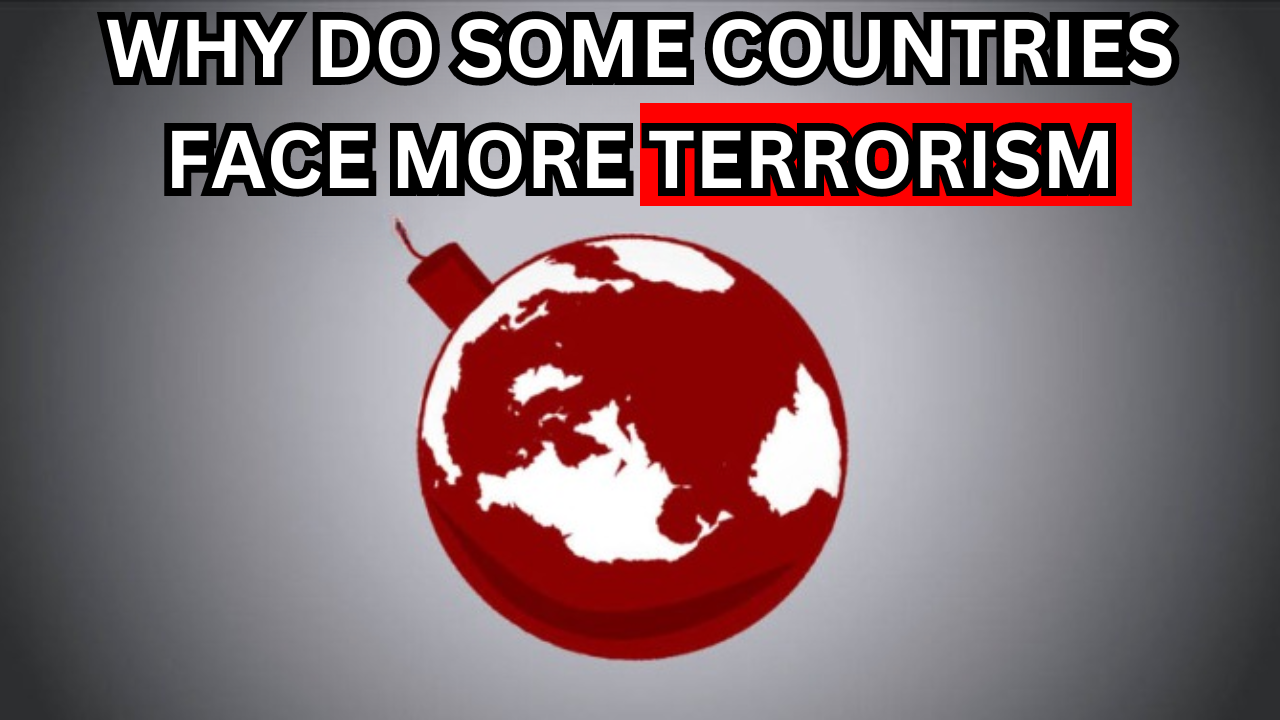In today’s world, some countries face the problem of terrorism a lot. But why? This question is often hard to understand. Behind terrorism, there are many reasons, like poverty, political instability, and lack of education. Every country has its own problems and situations that increase terrorism. In this article, we will understand why in some countries terrorism is high and to what things they are connected.
Political Instability:
One of the factors behind terrorism is political instability. When in a country there is a situation of political instability, like the government not being stable, or an election not happening on time, then people will get more nervous. In this way, people lose their trust in the government, and they stand up for their rights. In these situations, some people turn to the act of terrorism, by thinking that in this way they will find solutions to their problems.
Because of political instability, disputes and tensions can increase in a country, by which terrorism is produced. When people fight each other or the security of a country is poorer, then the environment is made for terrorism. That is why, it is important to sustain political stability to be protected from the risks of terrorism.
Economic Problems:
The second big reason behind terrorism is economic problems. When a country’s economic conditions are weak or people not getting jobs, then their lives become harder. For this reason, people become victims of distress and sorrow, which can lead to terrorism.
When people do not have money or have difficulties providing for themselves and their families, then often people turn to extremist groups. They think that by joining these groups their economic problems can get better or they can get a new purpose.
If they are not getting work in any country or their basic necessities are not met, then people can go to extreme ways, in this terrorism included. That is why, it is important to find a solution to economic problems and give jobs to people so that terrorism can be stopped.
Social and Cultural Factors:
Cultural issues can play a significant role in the emergence of terrorism. In many societies, there are deep-seated divisions based on ethnicity, religion, or other factors. These divides can create tensions and conflicts, making it easier for terrorist groups to find recruits. When individuals feel a strong connection to their group but face unfair treatment from others, they might feel compelled to resort to violence as a means of protecting their identity.
Global Influence:
The impact of global events on terrorism cannot be underestimated. Conflicts and wars in one part of the world can ignite violence elsewhere. For example, the surge of terrorism in the Middle East has had a ripple effect, inspiring similar actions in different countries. The rise of the internet and social media has further facilitated this spread, allowing extremist groups to share their messages and connect with individuals across the globe.
Lack of Education:
Education is a vital weapon in the fight against terrorism. In many regions where terrorism is prevalent, access to education is often limited. Without proper education, people might struggle to think critically or appreciate diverse viewpoints. This lack of understanding can make them more vulnerable to extremist ideologies, which can ultimately lead to acts of violence.
Weak Governments:
In certain countries, governments may struggle to maintain order and stability. When law enforcement is unable to effectively do its job, terrorist groups can operate with increased freedom. This creates a dangerous environment where such groups can flourish and recruit new members. A strong, active government plays a crucial role in preventing terrorism by tackling the root causes and ensuring that citizens feel safe and secure in their daily lives.
Influence of Terrorist Groups:
Some nations experience elevated levels of terrorism because they become prime targets for specific terrorist organizations. These groups often have distinct agendas, whether they are political changes or religious objectives. Countries that do not align with these goals may find themselves under attack. In the eyes of these terrorist groups, such nations can be viewed as adversaries, which can escalate into violence and unrest.
Conclusion:
Terrorism is a multifaceted issue shaped by various factors, including political instability, economic struggles, social divisions, global events, lack of education, weak governance, and the influence of terrorist organizations. By understanding these underlying reasons, we can take meaningful steps toward creating a safer world for everyone.
